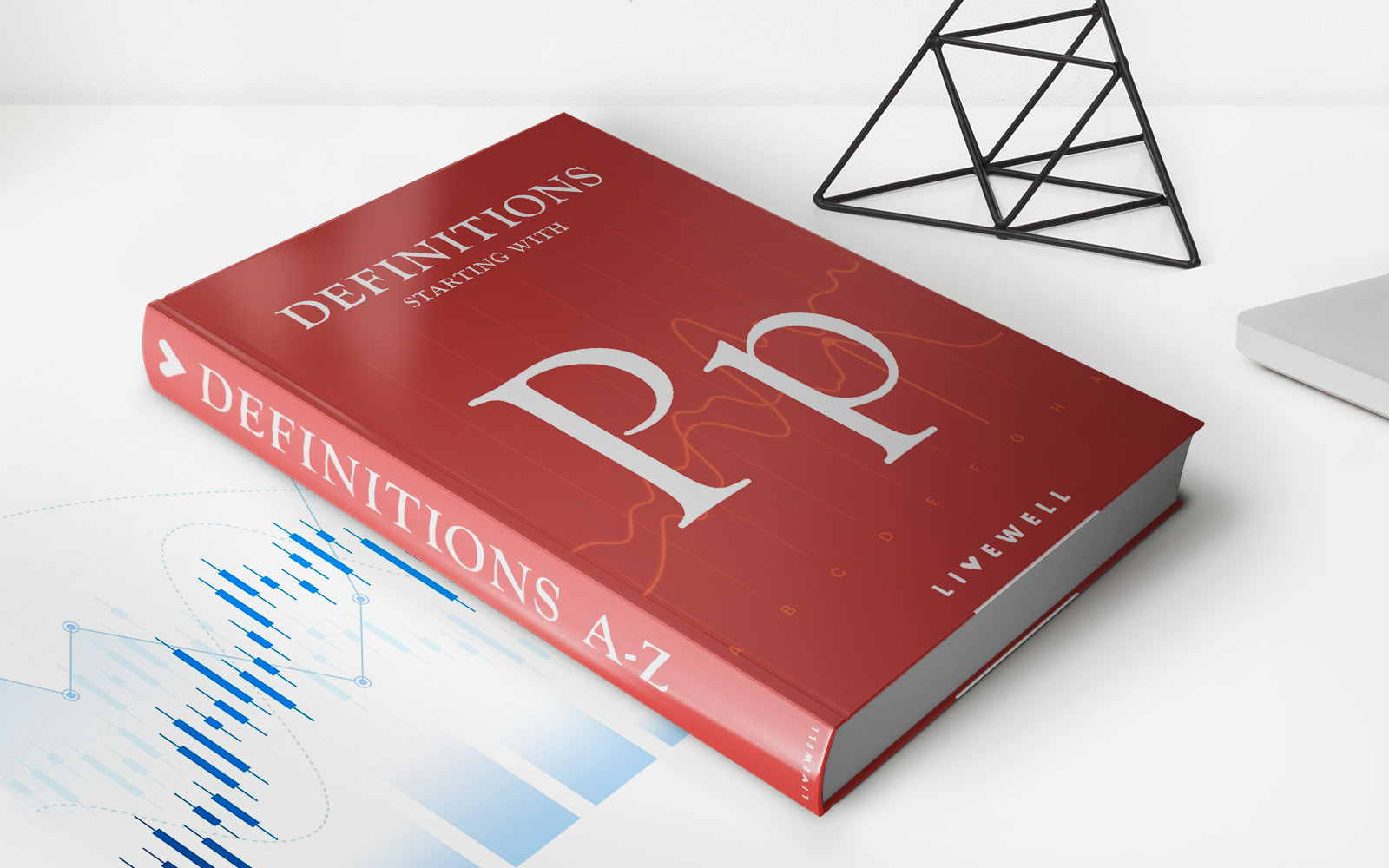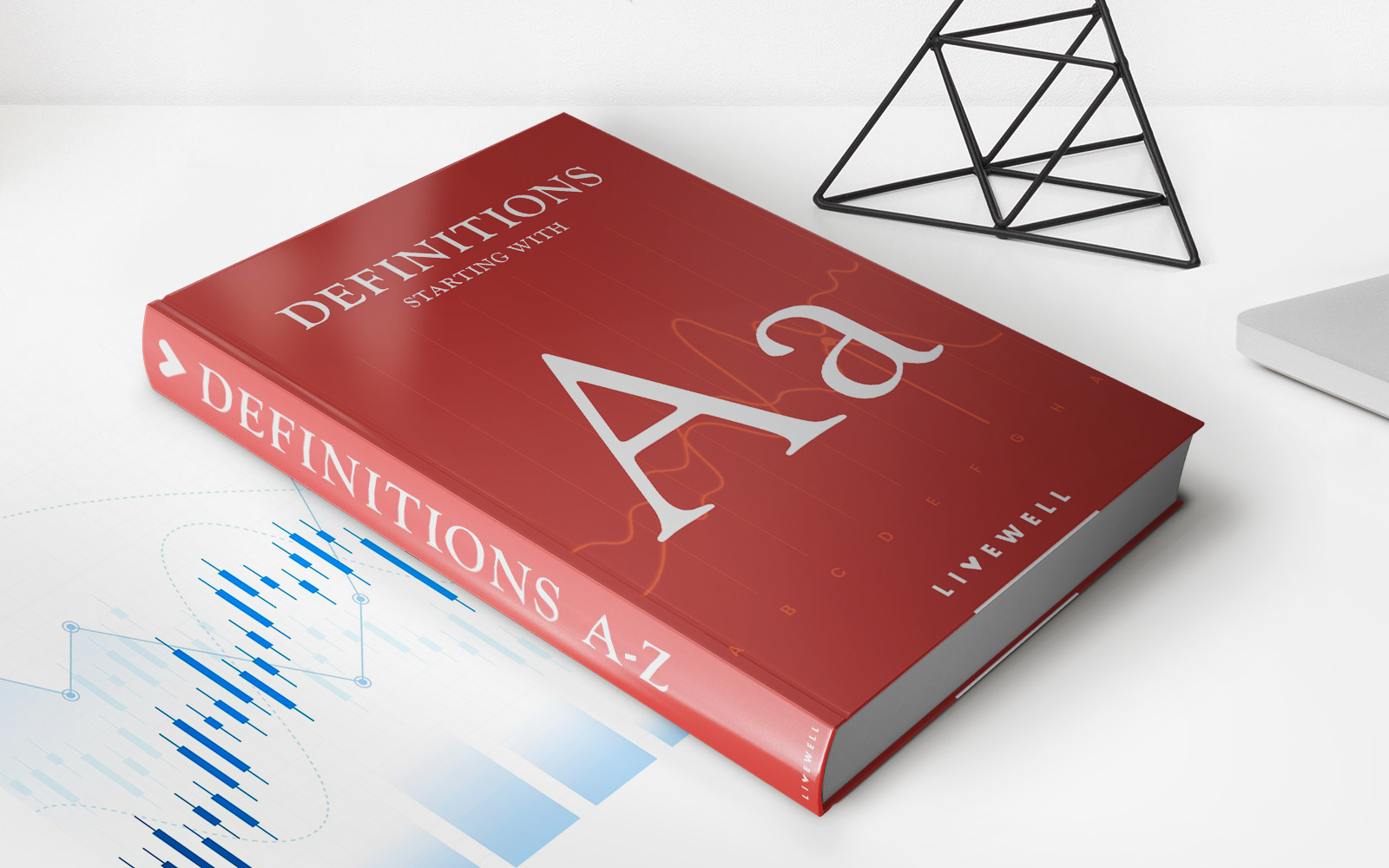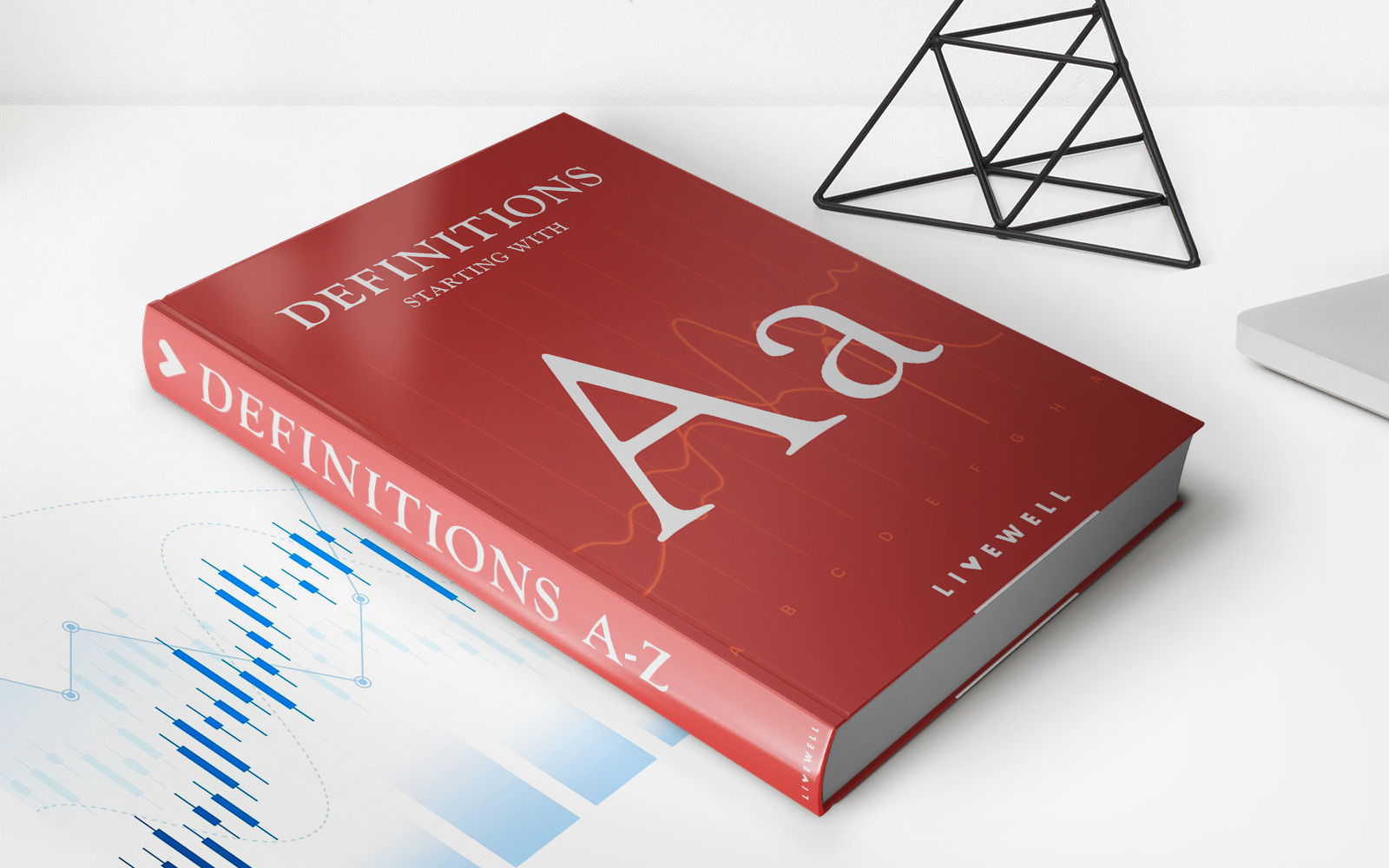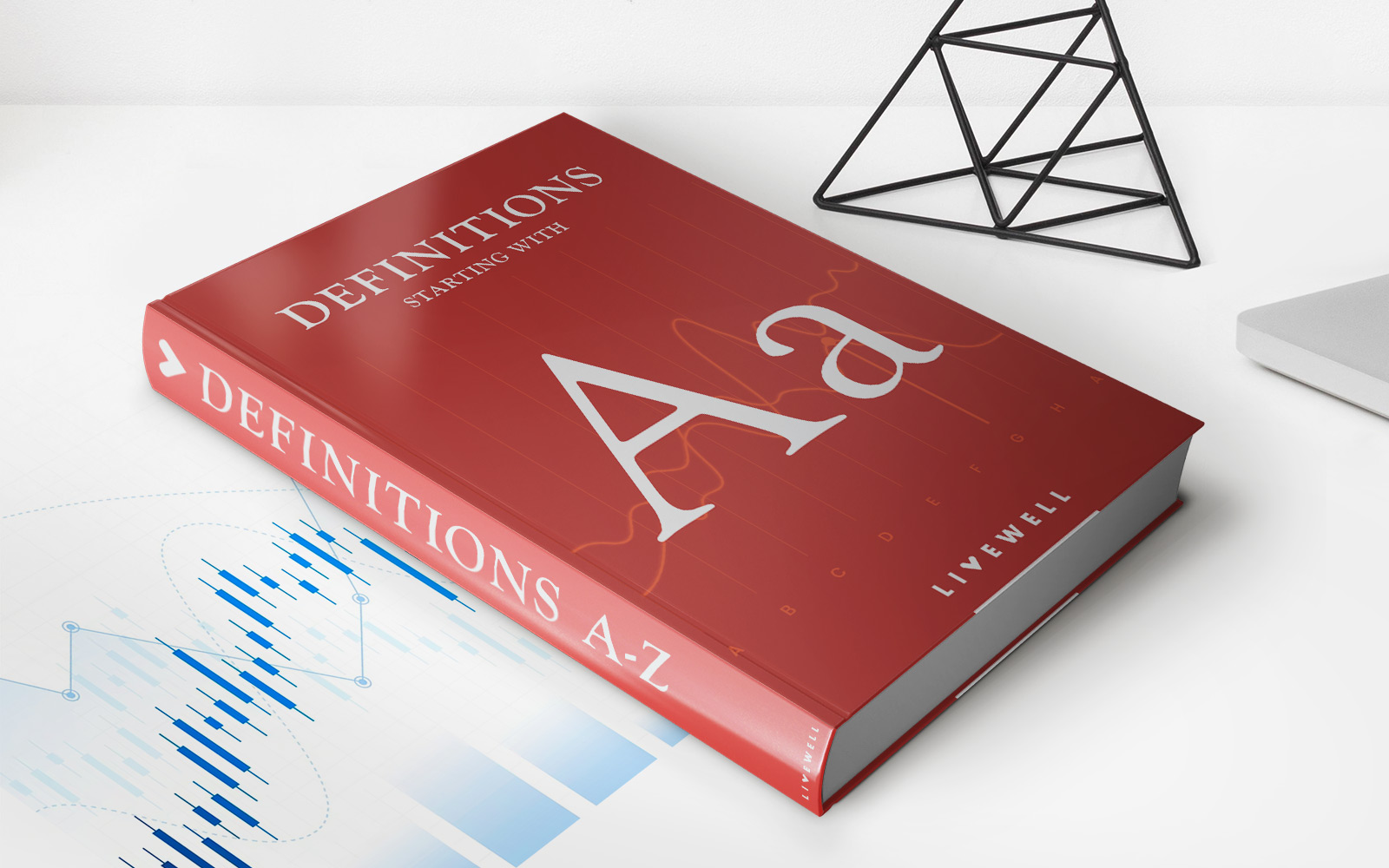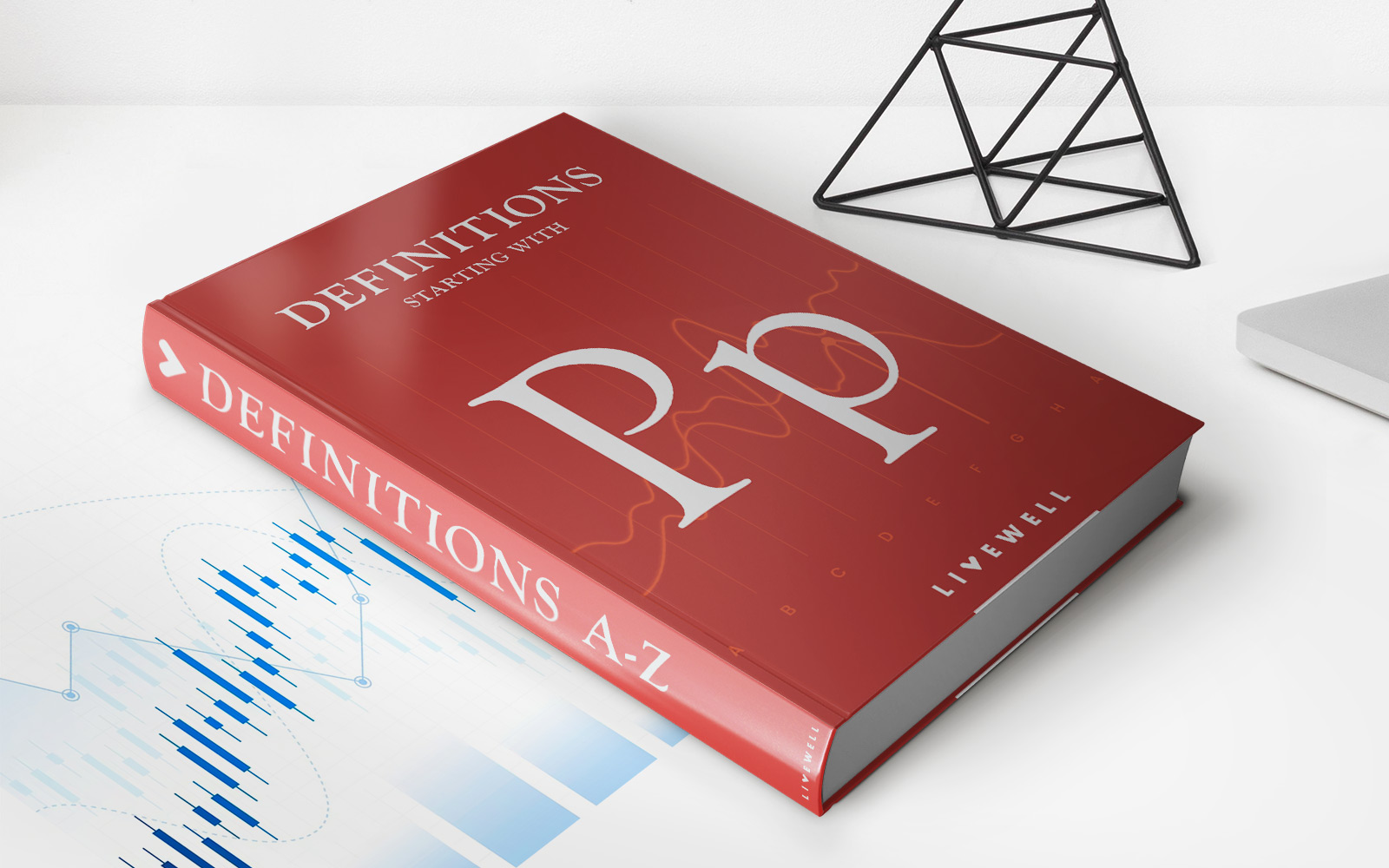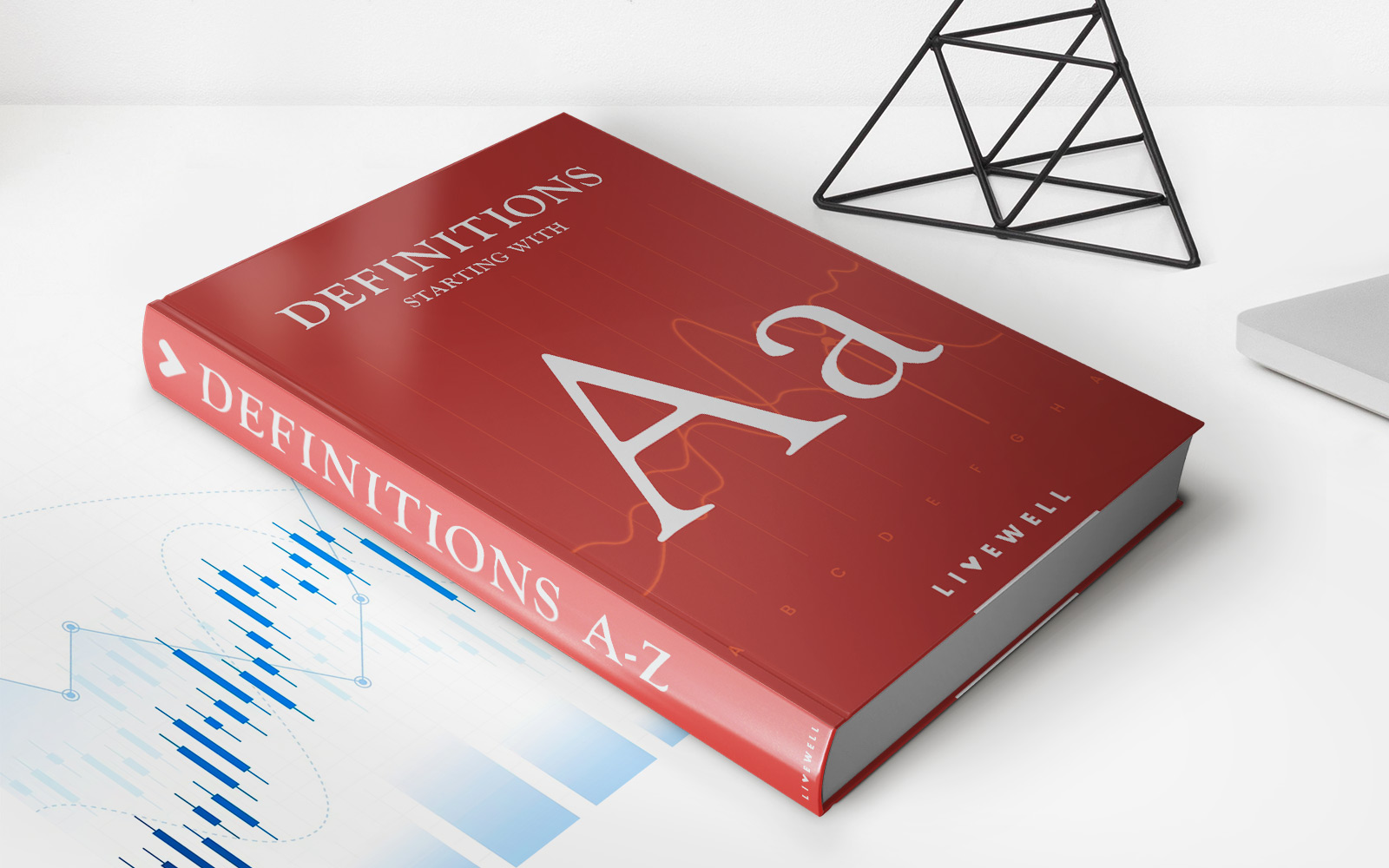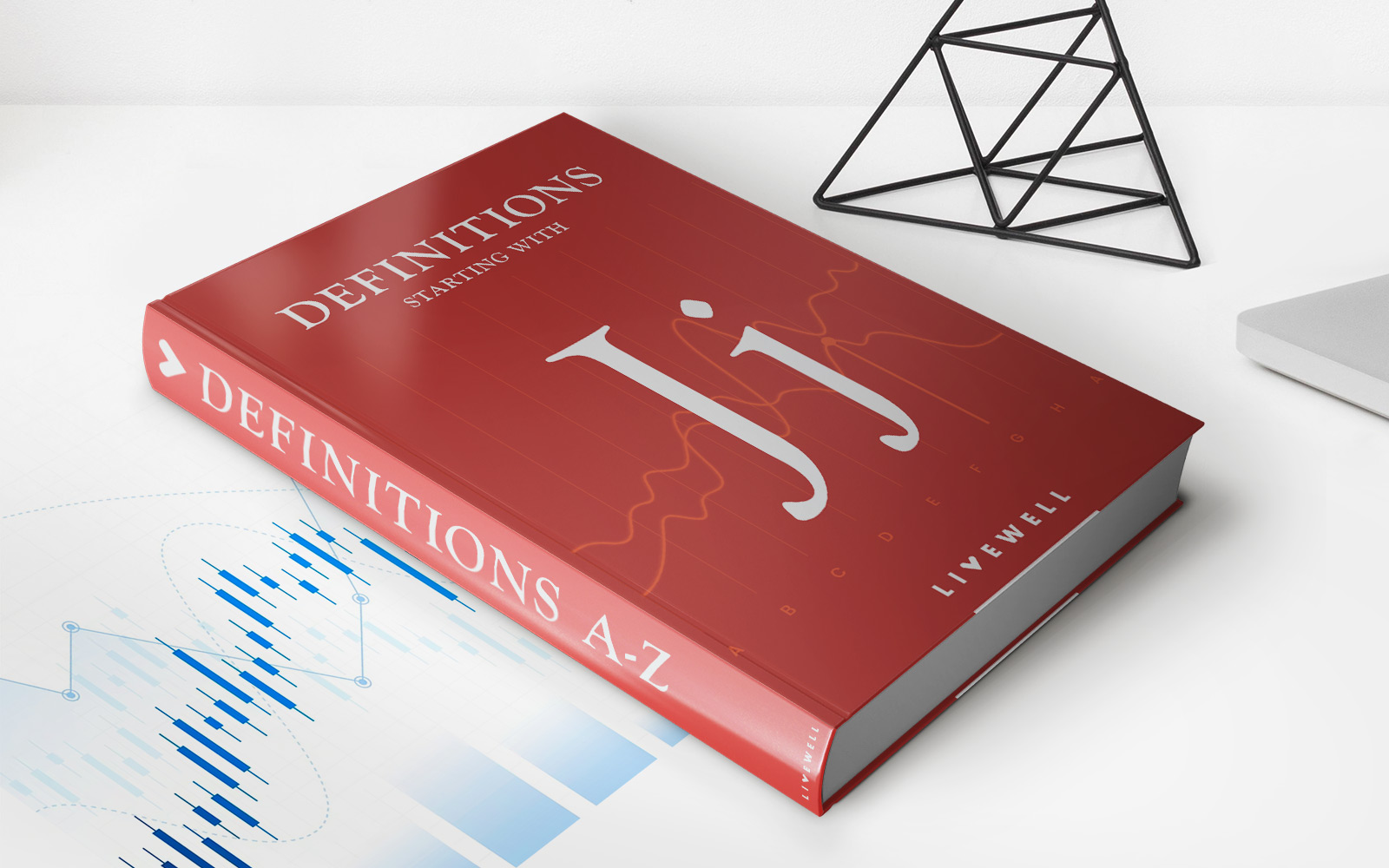

Finance
Proof Of Assignment (PoA) Definition
Published: January 12, 2024
Discover the meaning of Proof of Assignment (PoA) in the world of finance and how it plays a crucial role in verifying transactions and ensuring trust.
(Many of the links in this article redirect to a specific reviewed product. Your purchase of these products through affiliate links helps to generate commission for LiveWell, at no extra cost. Learn more)
Understanding Proof of Assignment (PoA) in Finance
Finance is a broad category that encompasses various aspects of money management, investments, and planning for the future. In this blog post, we’ll delve into the fascinating concept of Proof of Assignment (PoA) and its role in the world of finance. If you’ve ever wondered what PoA is all about and how it impacts the financial industry, then you’re in the right place.
Key Takeaways:
- Proof of Assignment (PoA) is a consensus mechanism used in blockchain networks.
- PoA ensures that assignments of validators or block verifiers are fair and secure.
So, what exactly is Proof of Assignment? In the field of cryptocurrency and blockchain technology, consensus mechanisms play a vital role in validating transactions and securing the network. PoA is one such consensus mechanism that ensures transparency and fairness within a blockchain network. It is commonly used in networks that prioritize efficiency, scalability, and a high transaction throughput.
How Does Proof of Assignment Work?
Unlike other consensus mechanisms like Proof of Work (PoW) or Proof of Stake (PoS), Proof of Assignment operates based on a pool of pre-authorized validators or block verifiers. These validators are assigned a specific period of time during which they have the authority to validate and propose new blocks in the blockchain.
The assignment of validators is done in a fair and secure manner, utilizing a random algorithm or a pseudorandom number generator. This ensures that no single entity has control over the entire validation process, safeguarding the integrity of the network.
Once assigned, the validators are responsible for verifying transactions, ensuring their validity, and appending them to the blockchain. The Proof of Assignment mechanism requires validators to have a stake in the network, which encourages them to act honestly and in the best interest of the blockchain ecosystem.
The Benefits of Proof of Assignment in Finance
Proof of Assignment offers several advantages in the realm of finance and blockchain technology:
- Increased Efficiency: PoA enables faster transaction confirmation and higher throughput, making it suitable for financial applications that require near-instant settlements.
- Enhanced Security: The assignment of validators in PoA ensures that the network remains secure and resistant to attacks, as the validators have a stake in maintaining the integrity of the system.
- Lower Energy Consumption: Compared to Proof of Work, PoA consumes significantly less energy, making it an environmentally friendly consensus mechanism.
- Reduced Centralization: By distributing the responsibility of block validation across a pool of validators, PoA prevents centralization and promotes decentralization in financial systems.
In conclusion, Proof of Assignment (PoA) is a consensus mechanism that plays a crucial role in the finance sector by ensuring fairness, security, and efficiency within blockchain networks. Its benefits in terms of transaction speed, network security, energy consumption, and decentralization make it a promising choice for financial applications in the future.
Looking for more insights into the world of finance? Check out our other blog posts in the FINANCE category to expand your knowledge and stay up to date with the latest trends in the industry.
